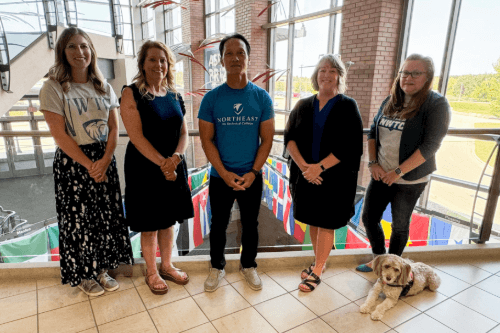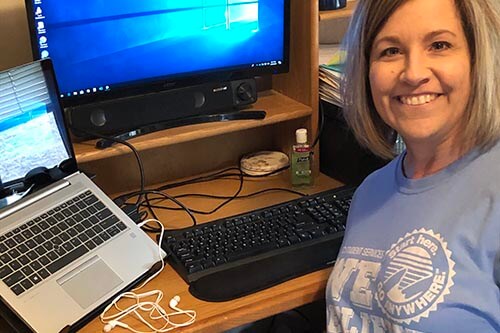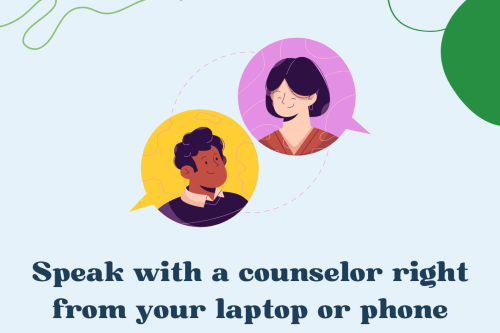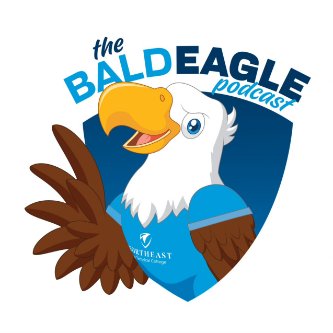
Disability Services empowers education
NWTC’s Disability Services ensures that students receive the support they need to succeed. As part of National Disability Employment Awareness Month, NWTC will host events about disability inclusion.
Cookies on NWTC's Website

If you are on social media, more than likely you have come across two posts circulating about the COVID-19 pandemic and how we are each handling it in a different way. One post states that "we are all in the same boat; we are not all in the same storm" while another post states that "we are in the same storm, but not in the same boat." I'm not here to try to convince you that one statement is right and the other is wrong.
Interestingly, one of the posts states that "we are going through a time when our perceptions and needs are completely different." Hmmm … which post do you think that statement comes from? Hard to say, since it explains the basic concept of both posts - which is that we don't have to compare one's struggle over another or diminish our own struggles and feelings because someone else has it so much worse. Everyone deserves to feel their feelings and experience their own pain and struggles.
Brené Brown, a researcher from the University of Houston, spoke about comparative suffering on a recent episode of her "Unlocking Us" podcast. This episode really spoke to me about a concept I have not only been experiencing personally but also in conversations with students, staff, co-workers, family members, and friends. Let me give you a couple of examples: "I can't be sad that I won't get my graduation ceremony because I know someone who just lost their job" or "I shouldn't be complaining about things in my life when others have it so much worse."
First and foremost, please don't "SHOULD" on yourself. Brown explains that "without thinking, we begin to rank our suffering and use it to deny ourselves permission to feel." The thing about comparative suffering is that it doesn't make our suffering any lighter. In fact, it can make our suffering feel heavier because we can't put a voice to our hidden struggles, which leaves us feeling not just exhausted or overwhelmed or worried — but alone too.
I would like to leave you with these final thoughts. Everyone deserves to feel their feelings and acknowledge their own struggles. In saying this, you can also provide empathy and support to others in their struggles and emotions as well while continuing to recognize your own. Be kind to yourself, be kind to others, and stay safe.
Can you believe that the English language has over 3,000 words for emotions? It's true! Work on building your emotional vocabulary by writing down as many "feeling" words as you can think of and think of a time you felt that way.
Sometimes there are societal pressures that encourage people to shut down their emotions, often expressed through statements like, "Big girls don't cry," or "Man up." These outdated ideas are harmful, not helpful. You have the right to feel and to own those feelings.
Having someone in your life that you trust and can open up to about your feelings is so very important. Whether it be a family member, friend, significant other, or co-worker, human connection is necessary along with feeling validated and supported.

NWTC’s Disability Services ensures that students receive the support they need to succeed. As part of National Disability Employment Awareness Month, NWTC will host events about disability inclusion.

BetterMynd is an online teletherapy platform that connects college students with counselors from the convenience of their laptop or smartphone.

Veronica Zarate and Alicia Stichman join Garrett in the booth to discuss academic support services available to NWTC students.